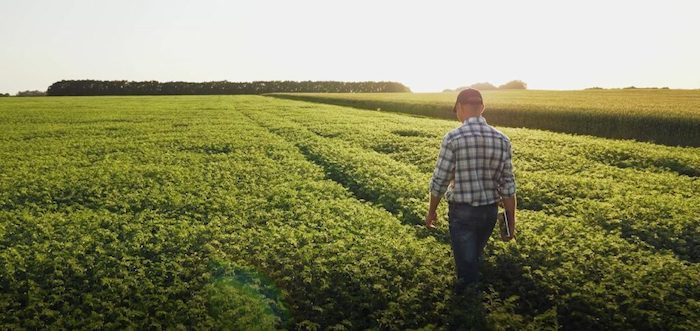For more than 35 years, the National Center for Appropriate Technology’s ATTRA Sustainable Agriculture program has been helping farmers and ranchers grow nutritious food and operate successful businesses without synthetic fertilizer. Now, NCAT has released a new toolkit with trusted and practical resources for farmers who want to transition away from the use of synthetic fertilizers.
“As the cost of synthetic fertilizers and global food prices continue to climb, NCAT is releasing a roadmap for farmers who are looking for a more self-reliant and resilient method of farming,” said NCAT Southeast Regional Director and Arkansas farmer Margo Hale. “A growing number of farmers are opting out of the high-input model of conventional agriculture, which we see now is so vulnerable to global events like war and supply chain disruption.”
As the world’s farmers watch the cost of synthetic fertilizer continue to increase and global food prices shatter records kept by the U.N. Food and Agriculture Organization, the global food system is being stressed like never before. There is a more stable, resilient model being used in every corner of the U.S. These farmers rely on biological sources of nitrogen, breaking free of an often-volatile global marketplace.
Farming without synthetic fertilizers is within reach for large-scale food producers, and it’s a requirement for certified organic farmers. Montana grain-grower Bob Quinn transitioned his family’s conventional farm to an organic one back in 1989. Quinn brought Khorasan wheat to the mainstream marketplace with his brand KAMUT.
In Maryland, Ron Holter manages his 150-cow seasonal dairy on grass alone, with no supplementary grain. Holter’s dairy has been free of synthetic fertilizer since 1995. Dave Brandt began cover cropping his Ohio corn and soybeans in 1978. Cover crops have maintained his cash-crop yields while reducing nitrogen fertilizer use by nearly 90%. Brandt credits cover crops with increasing soil microbial activity naturally, which provides nutrients to the food he grows and increases the soil’s water-holding capacity.
Data show consumer demand for certified organic and other regeneratively produced foods continues to increase. The sale of organic products in the U.S. has grown more than 30% since 2016, and the number of organic producers is up almost 40%. Farmers who use regenerative methods but might not be certified organic are no doubt on the rise, too.
Shifting to a production method that is not reliant on synthetic fertilizers can be accomplished strategically over a 3-5 year transitional period. NCAT’s new toolkit guides farmers as they learn to use cover crops, managed grazing and alternative soil amendments to naturally boost renewable nitrogen levels needed to maintain long-term productivity. These are accessible tools that can result in reduced input costs, increased self-reliance and more nutritious food grown at small and large scales.
Access the free toolkit and decades of trusted, practical resources here: https://attra.ncat.org/how-to-reduce-synthetic-fertilizer-use/.







Post a comment
Report Abusive Comment